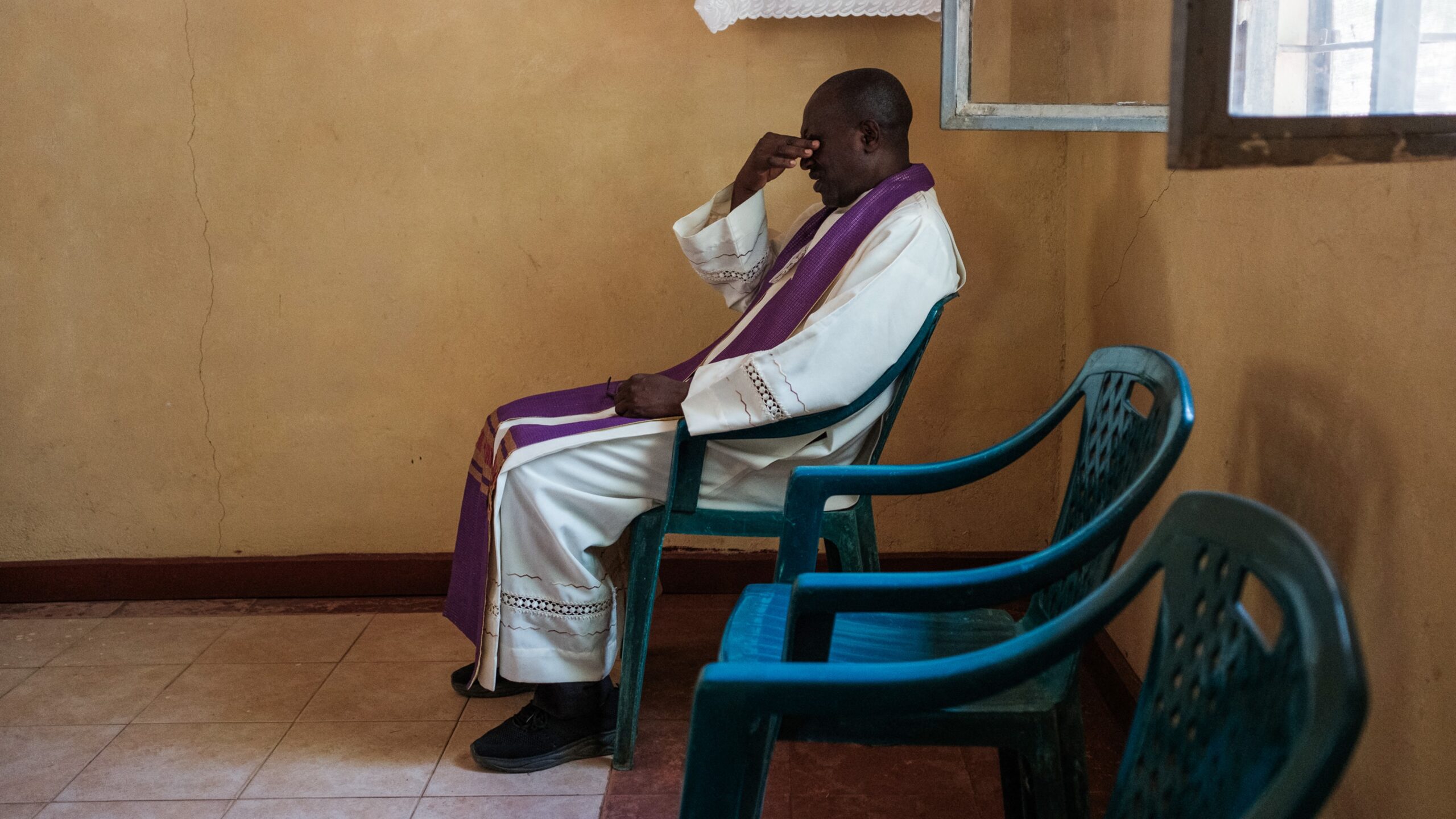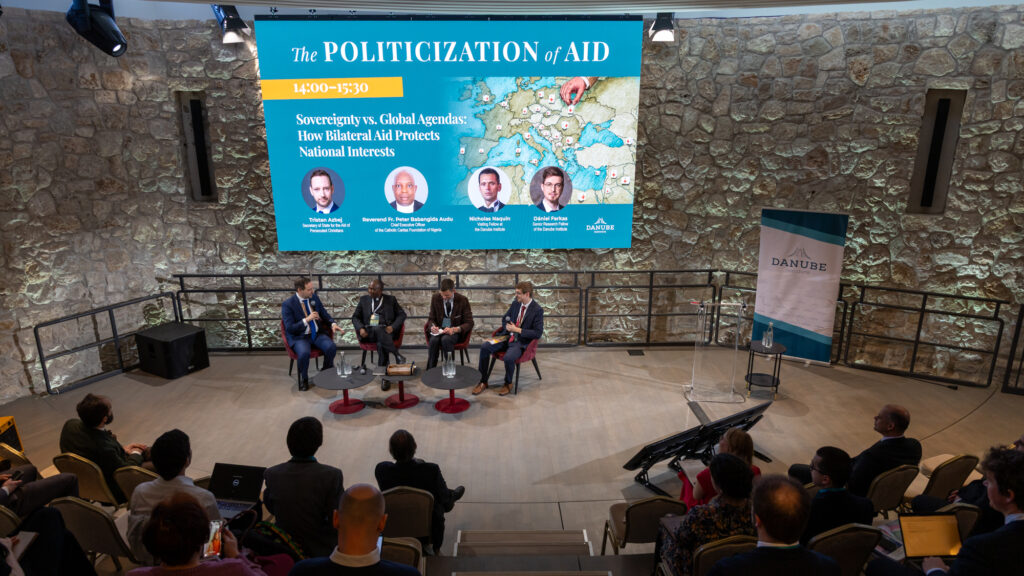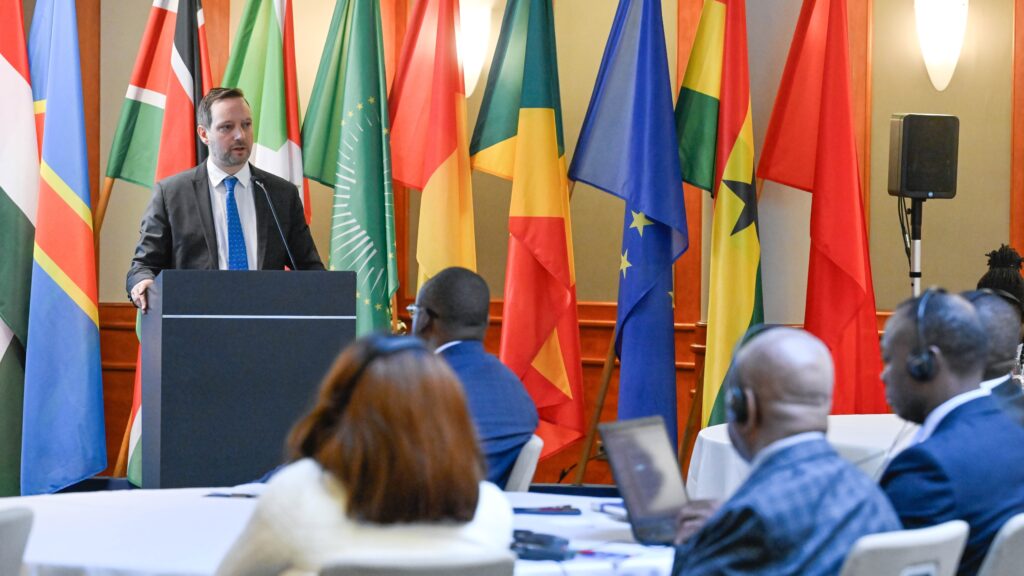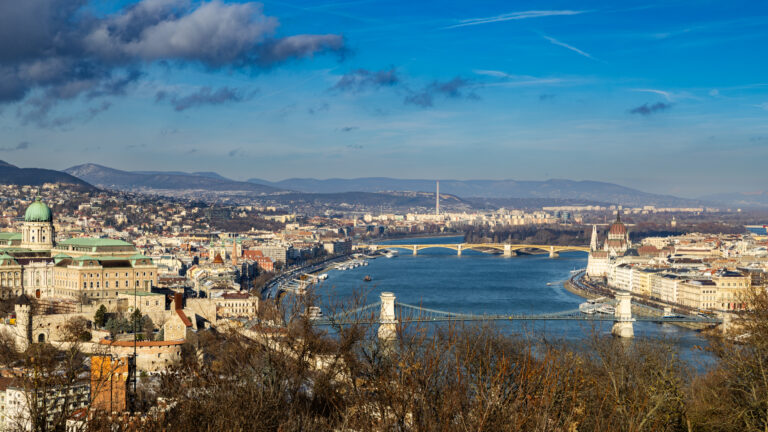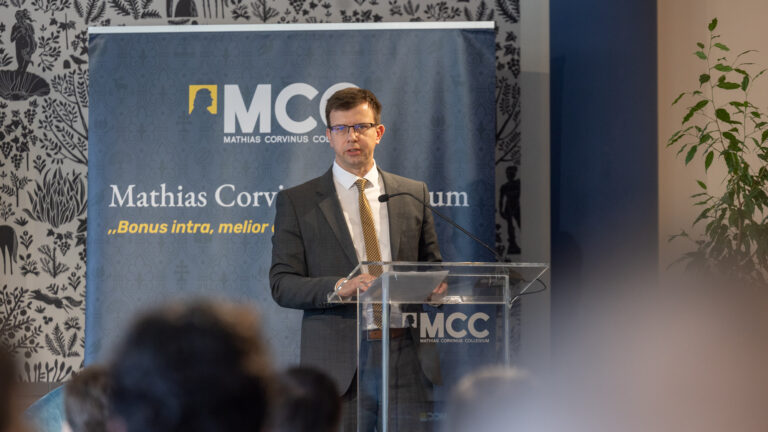Very few may be aware of the Christian persecution in Nigeria, which has stretched on for decades—but how many are conscious of the massacres of our Christian brethren in Sudan?
Indeed, daily life for Christians in Sudan, specifically for Catholics, has been beyond hellish ever since Omar al-Bashir took power in 1989. His 30-year rule was marked by Islamic extremism vis-à-vis sharia law, including allowing clerics such as Hasan al-Turabi (who invited and mentored Osama Bin Laden to the state) to introduce hardline Islam to the whole country. It was thought that after his deposition in 2019 the new transitional government would bring some sort of relief when it repealed the infamous blasphemy norms, which disestablished Islam as the country’s official religion.
It was not to be so, as the brutal civil war between General Abdel Fattah al-Burhan—the de facto head of state—and General Mohamed Hamdan Dagalo (commonly known as Hemedti) broke out in April 2023. It is estimated that at least 60,000 Sudanese have been killed and 13 million displaced—many of them have fled to Egypt, Chad, or South Sudan.
In a country where Muslims are about 97 per cent of the Sudanese population, Catholics constitute a significant proportion of the 3 per cent Christian denomination—exact figures are hard to come by due to dispersal and forced migration. Before the secession of South Sudan in 2011, a predominantly Christian country, the number of Catholics was higher.
Historical Christian Presence
Christianity in (northern) Sudan, then called Nubia, has its roots from apostolic times. As recounted in the Acts of the Apostles, one of the first non-Jewish converts to the faith was an Ethiopian eunuch from the Court of Candace—‘Candace’ was not a personal name but a dynastic title for the queen mothers of Ethiopia—who was baptized by the Deacon Philip (cfr. Acts 8, 26–40). Scripture scholars hold that Candace is a reference to modern-day Sudan.
In the sixth century, the Emperor Justinian made Nubia a stronghold of Christianity during the Medieval era by securing the region with strategic alliances. As manifested by the Faras (lower Nubia) cathedral, Christianity became the official religion of the northern Sudan by 580 AD.[i]

Christianity was eventually violently suppressed by the rise of Islam during the 16th to 17th centuries. It reasserted itself in the 19th century through missionary efforts of St. Daniel Comboni, founder of both the Comboni Missionaries of the Heart of Jesus and the Comboni Missionary Sisters—Protestants, soon thereafter, inserted themselves in the country. Most of the present-day Catholics strive from of Egyptian Copts, Levantine immigrants (Greeks, Lebanese, Syrians), or communities from the south who remained after the partition. In the mid-20th century, when the Sudan achieved independence from Britain, Christians again began to experience intensified religious persecution by the over populous Muslim Sudanese, forcing most of them to live in what is today South Sudan.
The Dire Situation
As indicated above, the intensification of the civil war between the regular army of the Sudanese Armed Forces (SAF), headed by General al-Burhan, and the paramilitary militias of the Rapid Support Forces (RSF), led by General Hemedti, is hitting the Christian minority hard to the point that the United Nations warned of the ‘very high risk of genocide, war crimes, and crimes against humanity’.
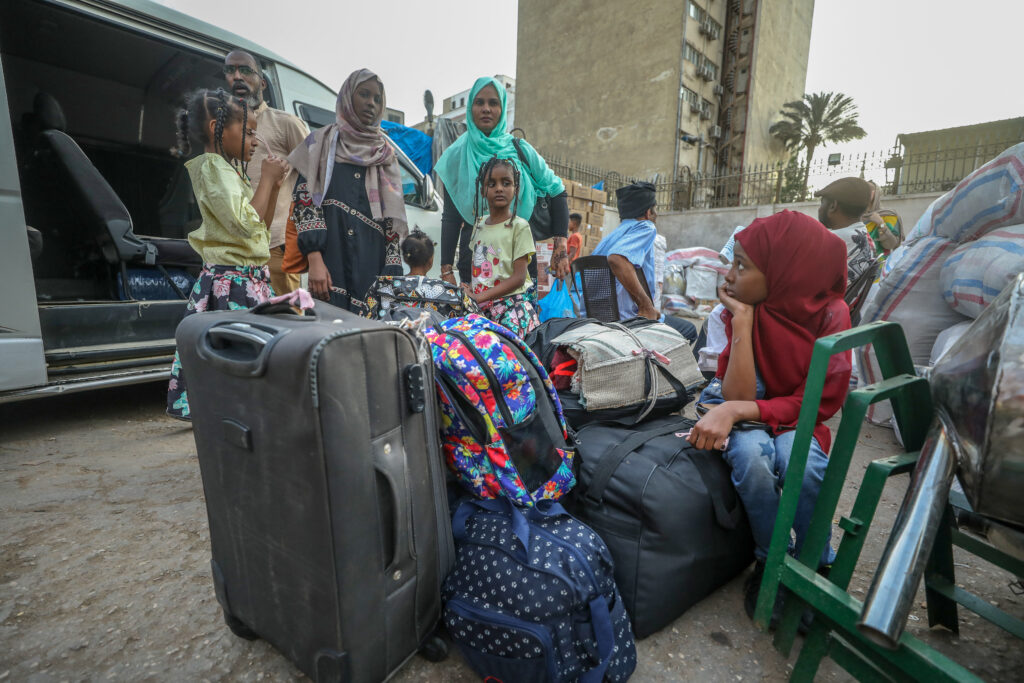
There is also the jihad against Christians—Catholics in particular—by the National Islamic Front (NIF), later known as the National Congress Party. Its aim is to make Islam the sole religion of the country. Catholic churches, hospitals, and schools are a regular target of bombings and other forms of oppression. The NIF has also persecuted Muslims who have shown tolerance to Catholics and other religious traditions that do not conform with Islam.

Despite the severe persecution and humanitarian crisis faced by Sudanese Christians, the international response has been minimal. Christian leaders in Sudan have urgently appealed for help, calling on the global Church and the international community to intervene. Many feel abandoned, with their suffering overshadowed by other global crises. Nevertheless, our Christian brethren continue to hope against all odds—trusting in a loving God who reminds us that the end of all things is not in this world.
Hope Against Hope
In 2007, Pope Benedict XVI, in his encyclical Spe Salvi (‘In hope we were saved’), reminded us that the example of a saint from our time can, to some degree, help us understand what it means to have a real encounter with God—St. Josephine Margaret Bakhita. Canonized by Pope John Paul II, she was born around 1869 in Darfur, Sudan. At the age of nine, she was kidnapped by slave-traders, beaten till she bled, and sold five times in the slave-markets of Sudan. Eventually she found herself working as a slave for the mother and the wife of a general, and there she was flogged every day till she bled; as a result of this she bore 144 scars throughout her life. Finally, in 1882, she was bought by an Italian merchant for the Italian consul Callisto Legnani, who returned to Italy as the Mahdists advanced.

Here, after the terrifying ‘masters’ who had owned her up to that point, Bakhita came to know a totally different kind of ‘master’—in Venetian dialect, which she was now learning, she used the name ‘paron’ for the living God, the God of Jesus Christ. Up to that time she had known only masters who despised and maltreated her, or at best considered her a useful slave. Now, however, she heard that there is a paron above all masters, the Lord of all lords, and that this Lord is good, goodness in person. She came to know that this Lord even knew her, that he had created her—that he actually loved her. She too was loved, and by none other than the supreme Paron, before whom all other masters are themselves no more than lowly servants.
She was known and loved and she was awaited. What is more, this master—Jesus Christ—had himself accepted the destiny of being flogged and now he was waiting for her ‘at the Father’s right hand’. Now she had ‘hope’—no longer simply the modest hope of finding masters who would be less cruel, but the great hope:
‘I am definitively loved and whatever happens to me — I am awaited by this Love. And so my life is good.’
Her final days were marked by a revisitation of her traumatic past, yet she found solace in her faith, passing away on 8 February 1947, with a serene smile and invoking the Virgin Mary.
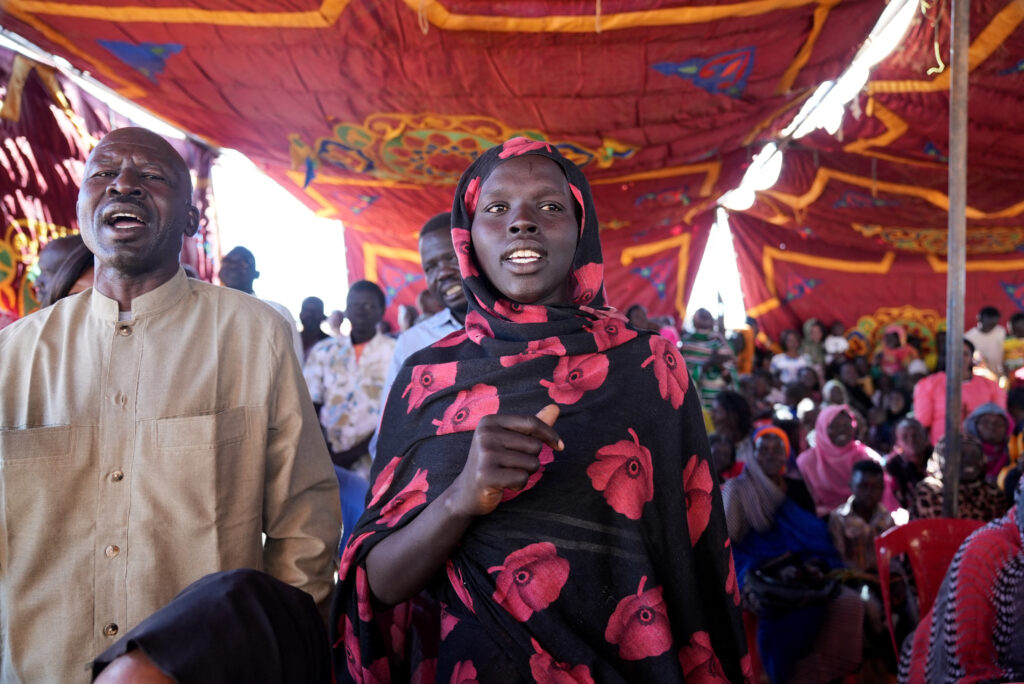
In 2014, the Islamic government of Sudan sentenced a Christian mother, Meriam Ibrahim, to death for marrying an American Christian citizen. After much international pressure, Meriam, who refused to deny her faith in Christ despite intense physical and psychological exertion by prison officials, was eventually acquitted and since then moved to the United States and has become a symbol of faith.
Our persecuted Christian family members in Sudan continue to trust in God, even when their circumstances seem bleak. One displaced Christian, who has been separated from his wife and children and is unable to find work, said:
‘I am in complete confidence that one day God will find a way out for me. But I don’t know when and how. I believe that God will do this and has not forsaken us.’
[i] Kevin Boyle and Juliet Sheen, Freedom of Religion and Belief: A World Report, Thames, Routledge, 1997, p. 75.
Related articles:

